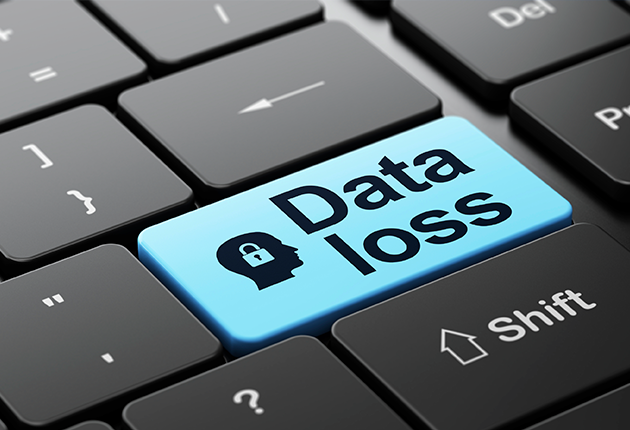
Despite the immense reliability of modern hard drives, there is still a chance that yours might fail. In fact, there are several causes that can trigger a catastrophic hard drive failure. In the event of a natural disaster, accidental water damage, or even a simple power outage, your drive may get damaged to the point where you can no longer access your data normally.
It is always better to protect your PC from data loss than to do data recovery after a drive has failed. Here are some of the tips and tricks you can use to increase data security and protect your PC from data loss.
Migrate to SSD
As mentioned earlier, modern hard drives are designed to be very durable. That said, you can benefit from using flash-based storage when it comes to data protection. Since flash-based storage or SSDs no longer use platters and magnetic heads, you essentially eliminate the risk of mechanical failure completely.
The only tradeoff is the price. SSDs are far more affordable than they were a few years ago, but you still need to spend $200 or more to get a decent size SSD for your computer. In return, you get a much faster read and write speed compared to conventional drives.
Use RAID
Another great way to maximize data protection is by using RAID. There are several RAID configurations to choose from, each with its own advantages and disadvantages. RAID 0, for example, boosts your PCs read and write speed by using multiple drives. However, it is not the best RAID configuration to use for data protection, since a single drive failure will lead to complete data loss.
RAID 1, on the other hand, is designed specifically for data protection. Two drives or more are set up to mirror each other; a single file you store on your computer resides in two physical hard drives at the same time. When one drive fails, the other acts as a backup.
RAID 5, RAID 6, and RAID 10 use different structures to offer different levels of data protection and speed improvement. You can use an online RAID calculator to figure out the best RAID setup to use based on the number of hard drives you have and the level of data protection you need.
Cloud Backup
Cloud backup is another solution worth considering. For starters, you can now have all the cloud backup storage you need for a relatively small monthly or annual fee. The process of backing up important files to the cloud – and restoring them in the event of a data loss – is also much easier thanks to improved backup software and faster internet connection.
Cloud backup has one more advantage up its sleeve: easy access to your files, no matter where you are. The existing cloud backup solutions may not be as robust as cloud storage options when it comes to file access and sharing, but they still allow you to backup and sync multiple devices and give you access to your files no matter where you are.
Put these measures in place, and you don’t have to worry about losing your data ever again. Even when the hard drive (or some of them) fails, you can still recover your files without breaking a sweat.





